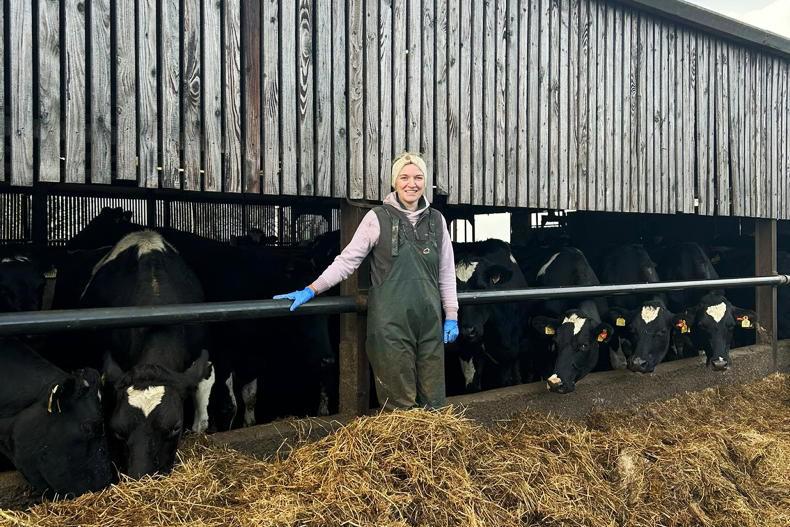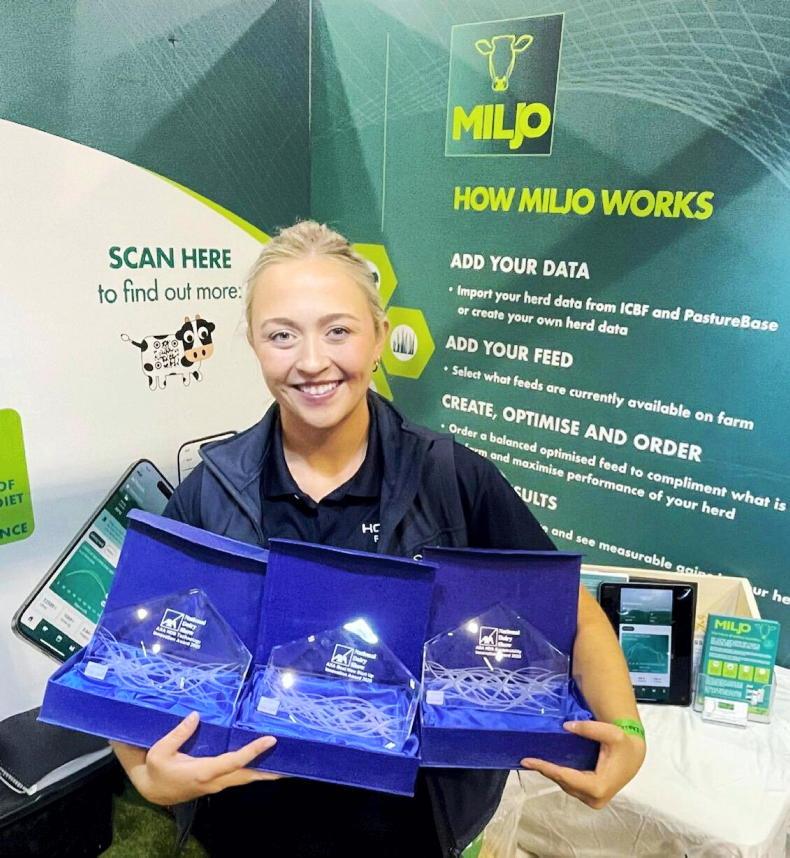Five land apprenticeships have been given approval by the Apprenticeship Council to proceed to the development stage, said Tony Pettit, head of education with Teagasc.
Teagasc has also recently launched an apprentice action plan 2021-2025.
“It places a renewed focus on developing and expanding apprenticeship opportunities,” says Tony
Development
Many steps are involved in developing an apprenticeship.
“The overall Teagasc quality assurance framework for land sector frameworks is currently being finalised and the apprenticeship stakeholder consortia will be finalising apprentices programme content and structures over the coming months,” Tony says.
No apprenticeships will be introduced in 2021
All programmes will be individually approved by the Quality and Qualifications Ireland (QQI) and the first programme will be submitted to the QQI this autumn, with the remainder to follow in 2022.
Major development is still required, such as working with agencies like SOLAS for employer recruitment, as well as approval and preparations to launch the programmes.
“No apprenticeships will be introduced in 2021. We hope that by the end of 2022, all five will be launched and running,” says Pettit.
Proposed apprenticeships
The apprenticeships include:Sportsturf (higher level 6 certificate).Horticulture (higher level 6 certificate).Farm Production [technician] (higher level 6 certificate).Farm Management (ordinary level 7 degree).Equine Farm Management [stud assistant manager] (ordinary level 7 degree).Potential careers
The three level 6 courses are two years in duration. Graduates will then be able to progress into technician occupation roles within the agri sector.
Graduates of the level 7 apprenticeships will be able to enter occupational roles such as farm manager and assistant farm manager in the case of stud farms.
Entry to apprenticeships will be available to people within the industry who meet the specific entry requirements (available upon approval of each programme). Applicants outside of Ireland may also be able to apply if they meet the criteria.
Options
“Level 6 apprenticeships are seen as complementary routes to the more typical full-time agricultural college routes,” says Pettit.
Teagasc expects that the majority of potential students will opt for the normal two-year full-time route at agricultural colleges, leading a Level 6 Advance Certificate in Agriculture.
However, other students not considering agricultural college may be interested in studying one of the level 6 apprenticeship options.
Students who want to study apprenticeships will have exposure to ag colleges as part of their off-the-job training blocks. Furthermore, level 7 apprenticeships will provide progression routes for students who have completed their Level 6 Advanced Certificate programme.
Read more
Agri Careers: CAFRE launches new sustainable agriculture course
Pandemic resulted in shorter placements for students
Five land apprenticeships have been given approval by the Apprenticeship Council to proceed to the development stage, said Tony Pettit, head of education with Teagasc.
Teagasc has also recently launched an apprentice action plan 2021-2025.
“It places a renewed focus on developing and expanding apprenticeship opportunities,” says Tony
Development
Many steps are involved in developing an apprenticeship.
“The overall Teagasc quality assurance framework for land sector frameworks is currently being finalised and the apprenticeship stakeholder consortia will be finalising apprentices programme content and structures over the coming months,” Tony says.
No apprenticeships will be introduced in 2021
All programmes will be individually approved by the Quality and Qualifications Ireland (QQI) and the first programme will be submitted to the QQI this autumn, with the remainder to follow in 2022.
Major development is still required, such as working with agencies like SOLAS for employer recruitment, as well as approval and preparations to launch the programmes.
“No apprenticeships will be introduced in 2021. We hope that by the end of 2022, all five will be launched and running,” says Pettit.
Proposed apprenticeships
The apprenticeships include:Sportsturf (higher level 6 certificate).Horticulture (higher level 6 certificate).Farm Production [technician] (higher level 6 certificate).Farm Management (ordinary level 7 degree).Equine Farm Management [stud assistant manager] (ordinary level 7 degree).Potential careers
The three level 6 courses are two years in duration. Graduates will then be able to progress into technician occupation roles within the agri sector.
Graduates of the level 7 apprenticeships will be able to enter occupational roles such as farm manager and assistant farm manager in the case of stud farms.
Entry to apprenticeships will be available to people within the industry who meet the specific entry requirements (available upon approval of each programme). Applicants outside of Ireland may also be able to apply if they meet the criteria.
Options
“Level 6 apprenticeships are seen as complementary routes to the more typical full-time agricultural college routes,” says Pettit.
Teagasc expects that the majority of potential students will opt for the normal two-year full-time route at agricultural colleges, leading a Level 6 Advance Certificate in Agriculture.
However, other students not considering agricultural college may be interested in studying one of the level 6 apprenticeship options.
Students who want to study apprenticeships will have exposure to ag colleges as part of their off-the-job training blocks. Furthermore, level 7 apprenticeships will provide progression routes for students who have completed their Level 6 Advanced Certificate programme.
Read more
Agri Careers: CAFRE launches new sustainable agriculture course
Pandemic resulted in shorter placements for students









SHARING OPTIONS